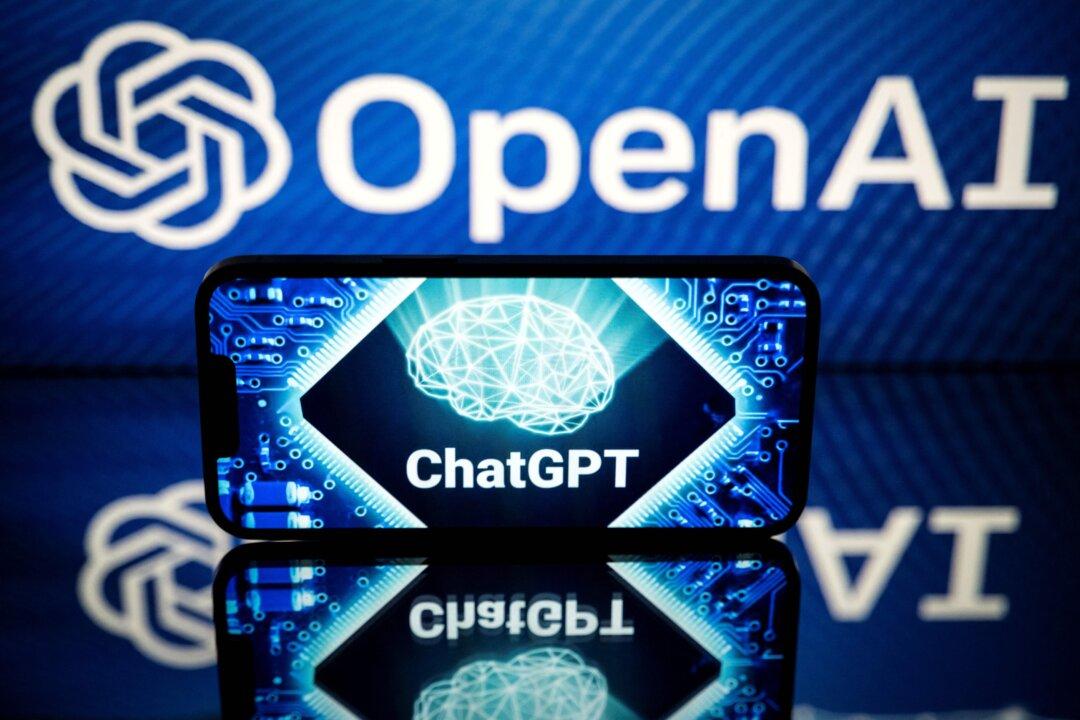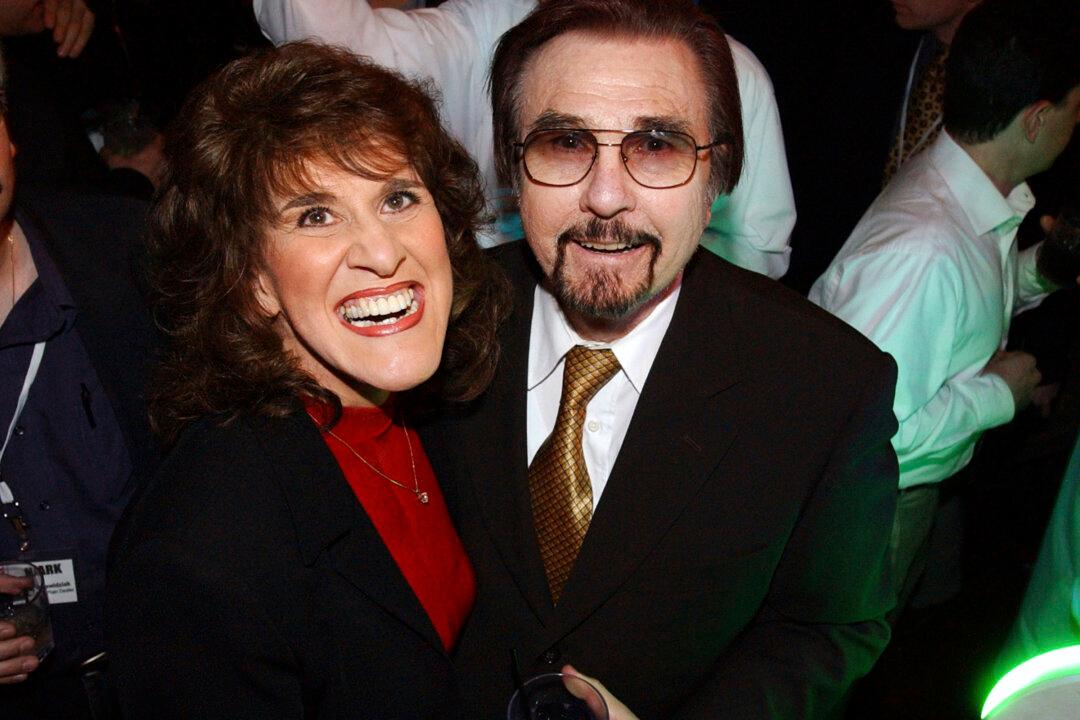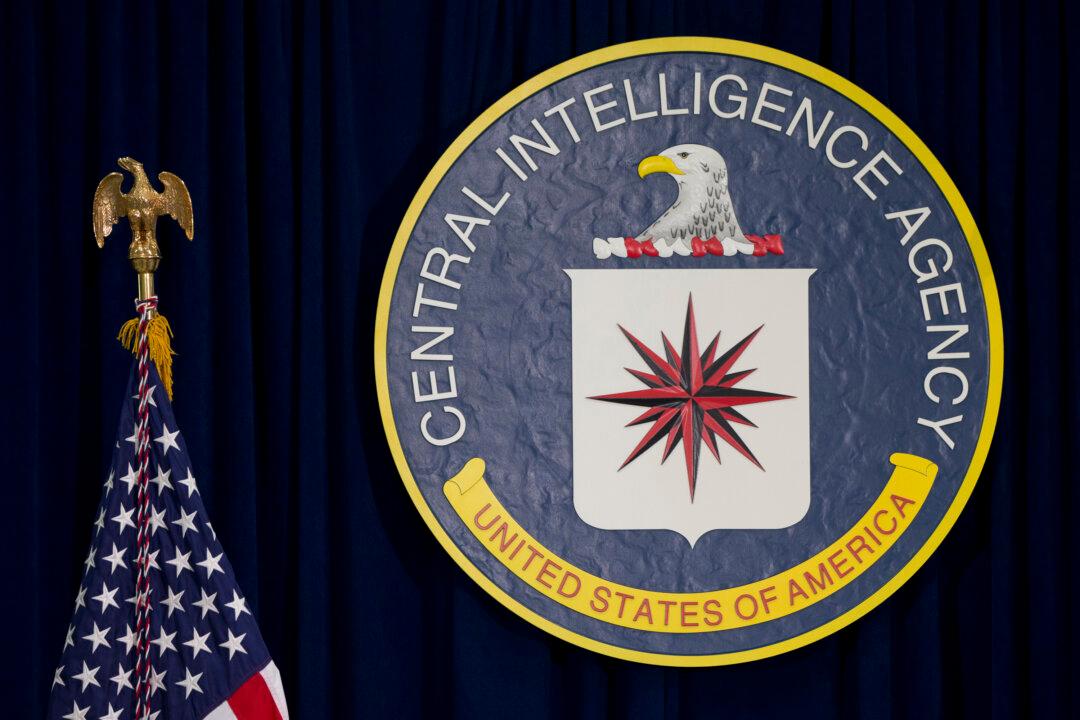The explosive interest in OpenAI’s ChatGPT has tech giants scrambling to capitalize on generative AI in the wider market.
On March 14, Google announced that it will begin packing virtually all of its Workspace products with generative AI—an artificial intelligence chatbot that is capable of generating creative output from simple user prompts.





